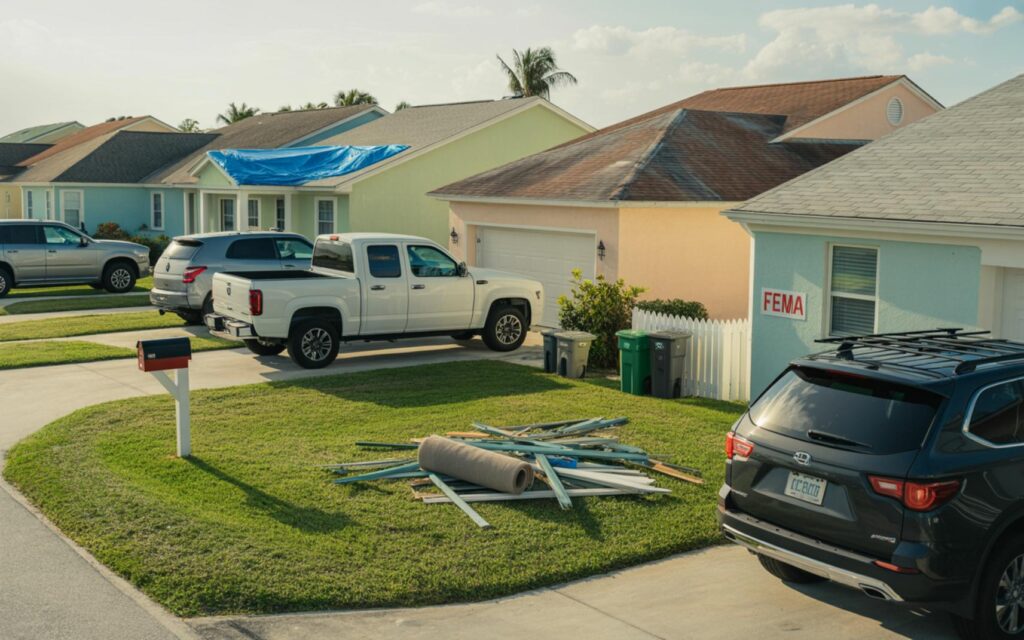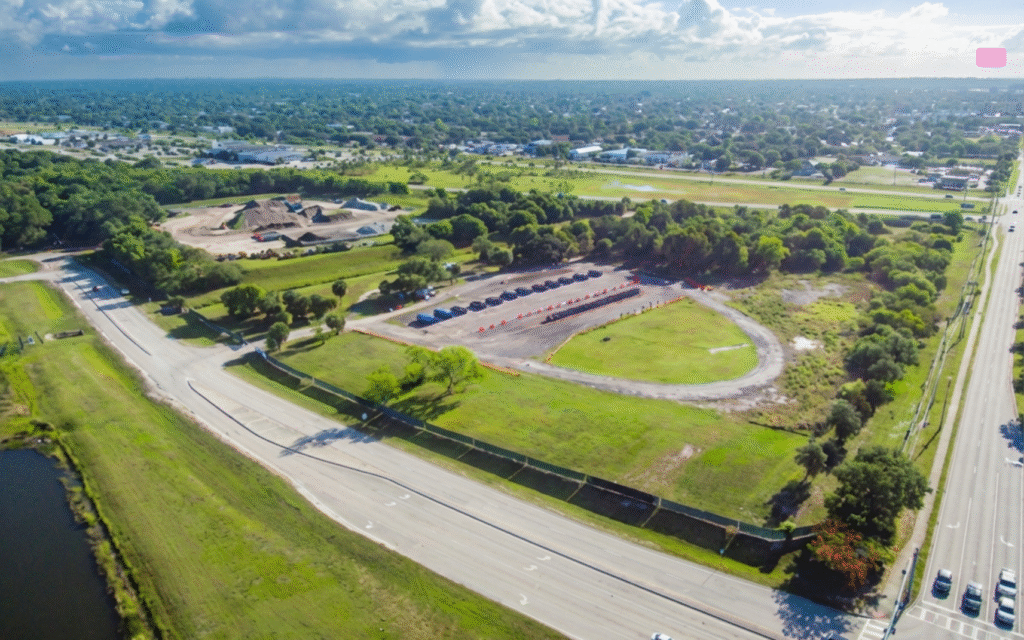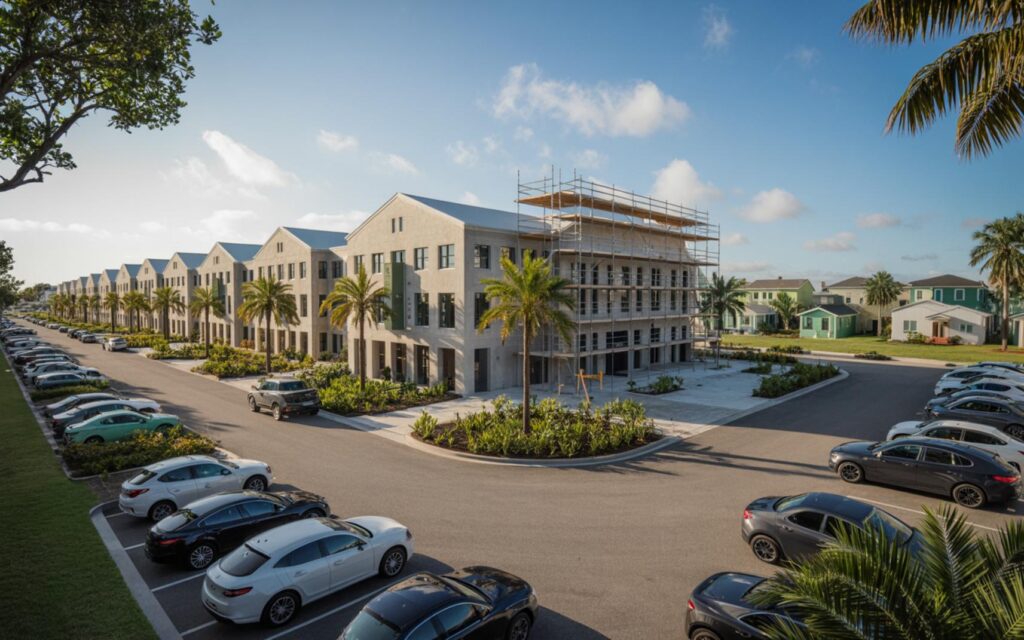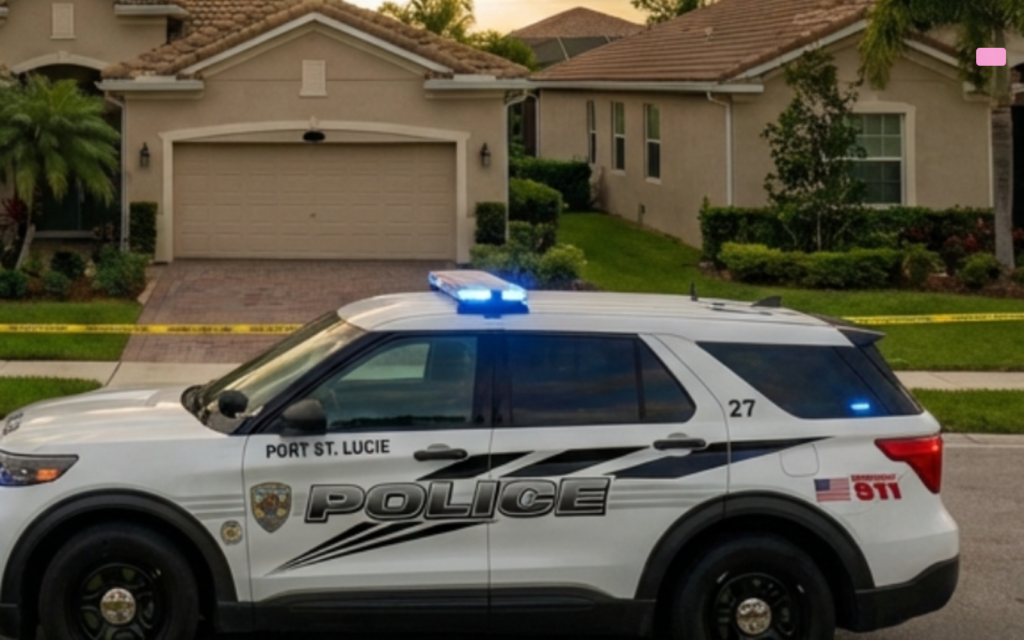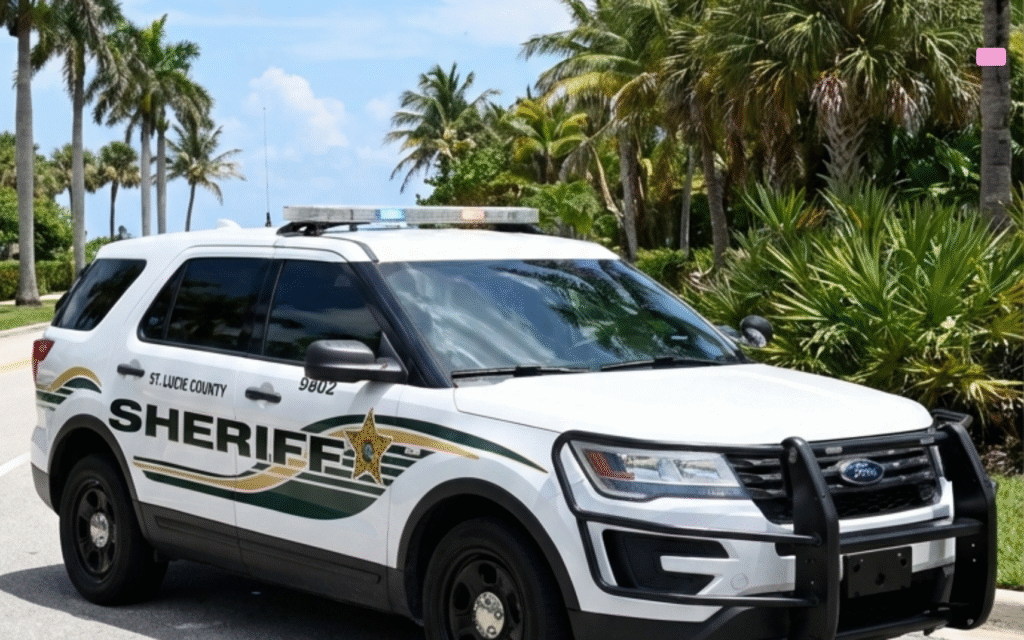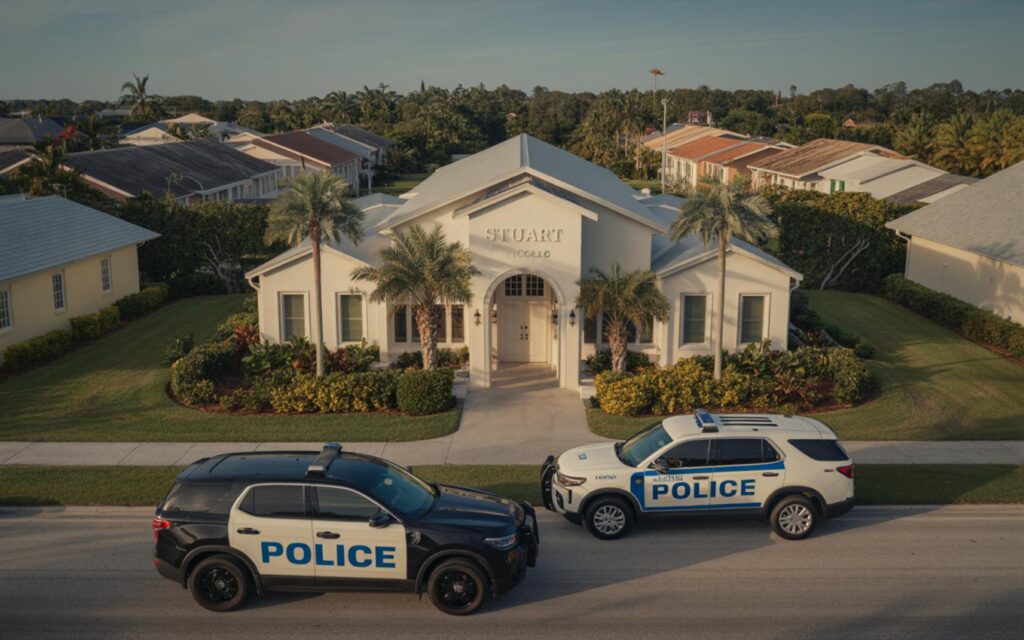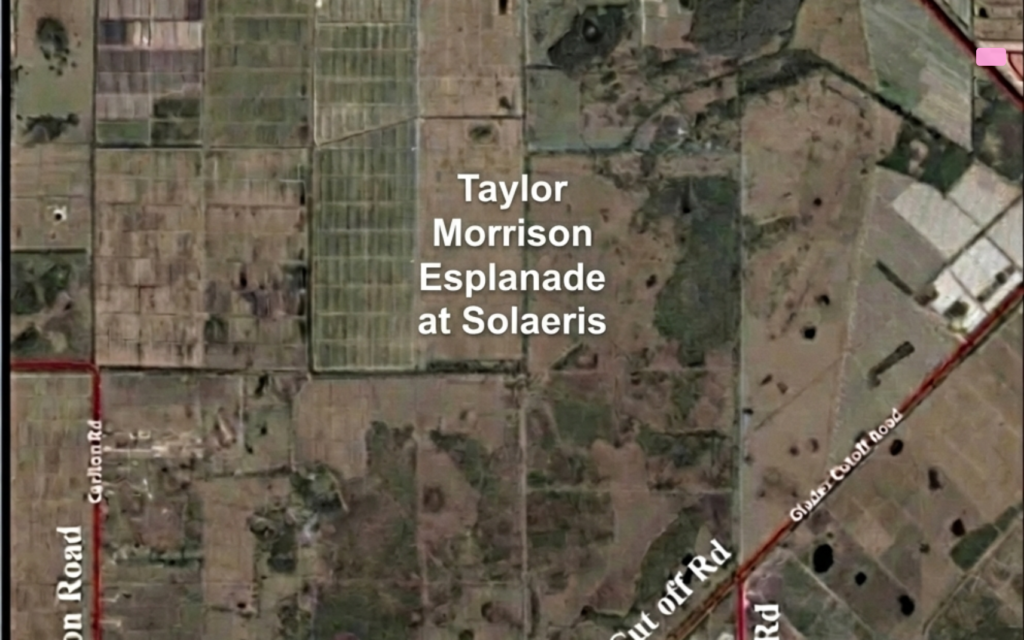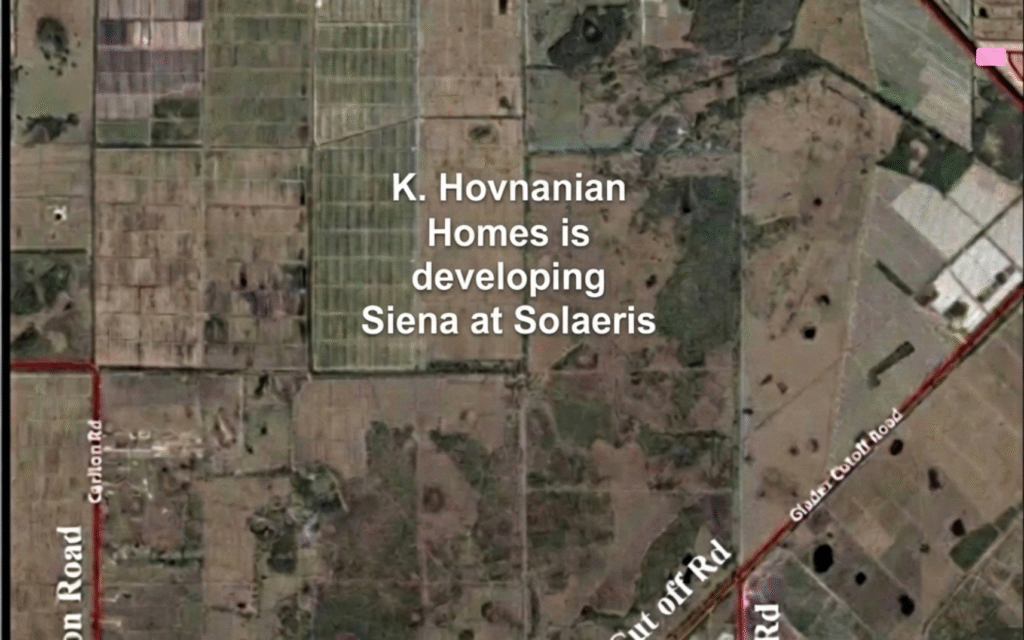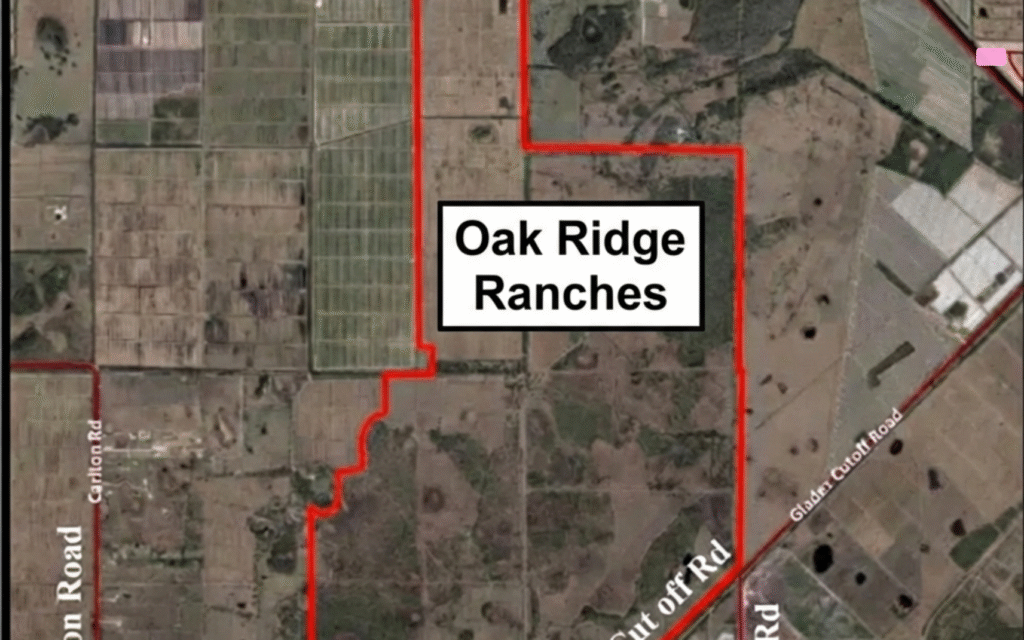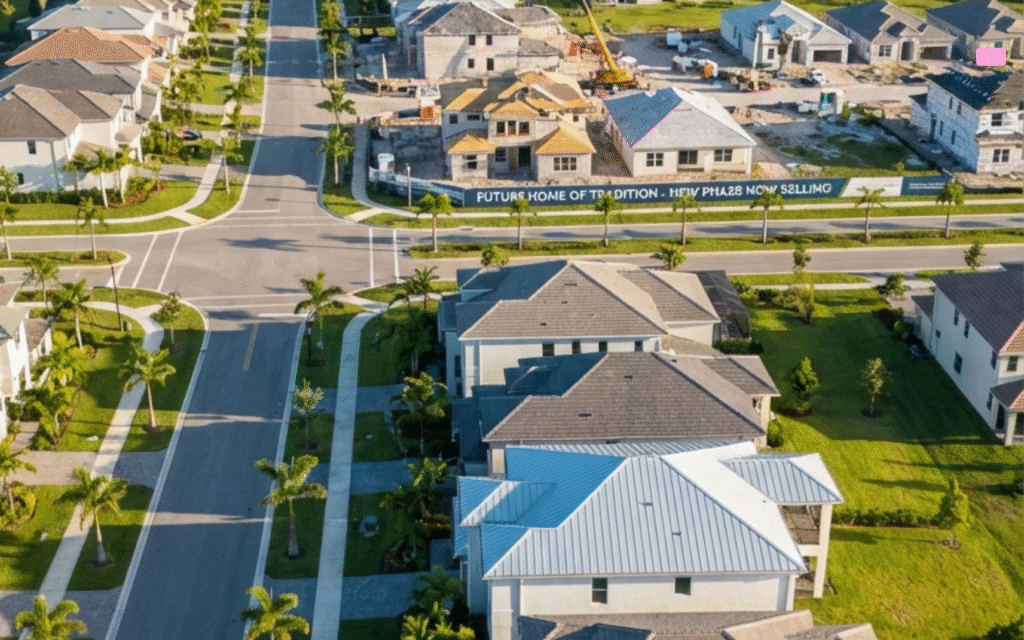Florida homeowners have experienced a surge in hurricane insurance claim denials, with nearly 47% of claims rejected by insurers in 2024 following two major hurricanes. The issue of hurricane insurance claim denials in Florida has become a central concern for property owners seeking recovery after severe storms.
Hurricane Insurance Claim Denials in Florida: 2024 Data
According to official sources, after Hurricanes Helene and Milton made landfall in 2024, a significant number of Florida homeowners faced challenges with their insurance claims. For Hurricane Helene, 32% of claims were closed without payment. For Hurricane Milton, 35% of claims were denied, resulting in over 129,000 unpaid claims statewide.
These figures highlight ongoing difficulties for Florida residents attempting to secure hurricane damage compensation through their insurance policies.
Common Reasons for Hurricane Insurance Claim Denials
Insurance industry data identifies several common reasons for hurricane insurance claim denials in Florida:
- Lack of flood insurance for water damage
- Misunderstandings about policy coverage and exclusions
- High hurricane deductibles that exceed repair costs
Many policyholders discovered their standard homeowners insurance did not cover flooding, which is a frequent cause of hurricane damage. Others were affected by policy changes or did not meet the deductible threshold for a payout.
Legal Action After Denied Hurricane Claims
According to insurance regulators, about 13% of Florida homeowners whose hurricane insurance claims were denied in 2024 chose to pursue lawsuits to recover repair costs. This legal recourse reflects ongoing disputes between policyholders and insurers over claim settlements.
Historically, Florida has seen a high volume of insurance litigation, with a large portion of settlement funds going to attorneys and public adjusters rather than directly to homeowners.
Impact of Florida Insurance Reforms on Hurricane Claims
Florida enacted major insurance reforms in 2022 and 2023 to address the rising costs and frequency of insurance lawsuits. Key changes included:
- Restrictions on lawsuits against insurers
- Elimination of assignment of benefits for new policies
According to the Florida Office of Insurance Regulation, these reforms led to a 23.8% decline in insurance-related lawsuits during the first three quarters of 2023 compared to the previous year. The intent was to stabilize the insurance market and reduce litigation costs.
Effects on Policyholders
While the reforms reduced lawsuits, some homeowners found it more difficult to get hurricane insurance claims paid. Insurers have adopted stricter underwriting and claim review practices, which may contribute to the higher denial rates.
Rising Hurricane Insurance Costs and Deductibles
Despite the reforms, Florida hurricane insurance rates continued to rise in 2025. According to state insurance officials, the main factors include:
- Higher reinsurance costs passed on to policyholders
- Increased payouts for storm damage
- Shrinking pool of private insurers operating in Florida
Many insurers have raised minimum hurricane deductibles from 2% to 5% of the dwelling limit. This change means homeowners must pay more out-of-pocket before insurance coverage applies, making repairs more costly after a storm.
Florida’s Challenging Insurance Market
Florida’s property insurance market remains in a hard state, characterized by higher premiums, stricter underwriting, and reduced coverage availability. Insurer exits and insolvencies since 2020 have reduced competition, increasing reliance on Citizens Property Insurance, the state-backed insurer of last resort.
Fraudulent claims and litigation abuse, especially involving roofing scams and assignment of benefits, have historically contributed to higher costs and more cautious insurer practices. According to the Insurance Information Institute, Florida accounts for only 9% of the nation’s homeowners’ claims but 79% of homeowners insurance lawsuits.
Market Pressures and Global Factors
The broader context includes global reinsurance market pressures, inflation, and the increasing frequency and severity of storms. These factors have all contributed to Florida’s challenging hurricane insurance landscape and the high rate of claim denials.
Frequently Asked Questions About Hurricane Insurance Claim Denials in Florida
What is a hurricane insurance claim denial in Florida?
A hurricane insurance claim denial in Florida happens when an insurer decides not to pay for damages after a homeowner files a claim for hurricane-related losses. This can occur for reasons like lack of coverage, high deductibles, or policy exclusions.
How much of Florida’s hurricane insurance claims were denied in 2024?
Nearly 47% of Florida homeowners’ hurricane damage claims were denied by insurers in 2024, according to official sources. For Hurricanes Helene and Milton, over 129,000 claims were closed without payment.
Are there common reasons why hurricane insurance claims are denied?
Yes, common reasons include not having flood insurance, misunderstandings about what the policy covers, and high deductibles that make repairs ineligible for payment. Policy details and exclusions often play a key role.
Can you sue your insurer if your hurricane claim is denied in Florida?
Some homeowners in Florida pursue lawsuits if their hurricane insurance claims are denied. In 2024, about 13% of denied claimants took legal action, but recent reforms have made lawsuits more difficult.
Where are most homeowners turning for insurance if private companies leave Florida?
Many Florida homeowners rely on Citizens Property Insurance, the state-backed insurer of last resort, when private insurers exit the market or become insolvent. Citizens offers coverage when other options are not available.

